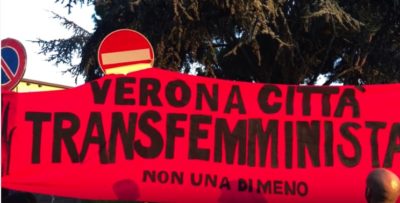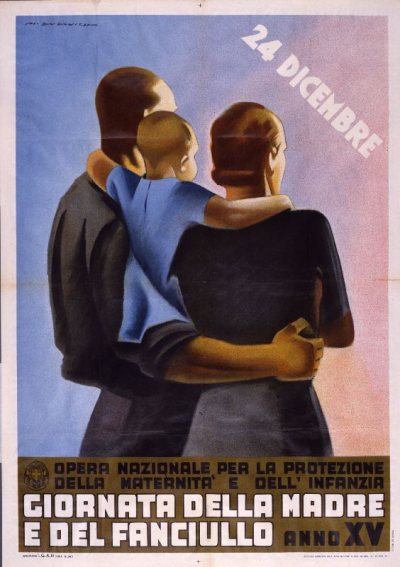3.Oltre le gambe c’è di più: Analisi del rapporto con la politica e il femminismo nei casi di Cicciolina, Moana Pozzi e Valentina Nappi
by Sofia Torre
This essay aims to read the relationship between pornographic obscenity and political communication strategies by investigating the cases of Ilona Staller, elected among the ranks of the Radical Party in 1987, and Moana Pozzi, who joined the Party of Love in 1992. Secondly, the essay’s purpose is to analyze the contemporary anti-feminist activism of Valentina Nappi on social networks.The analysis, carried out through the methodological criteria of political communication and media studies,






